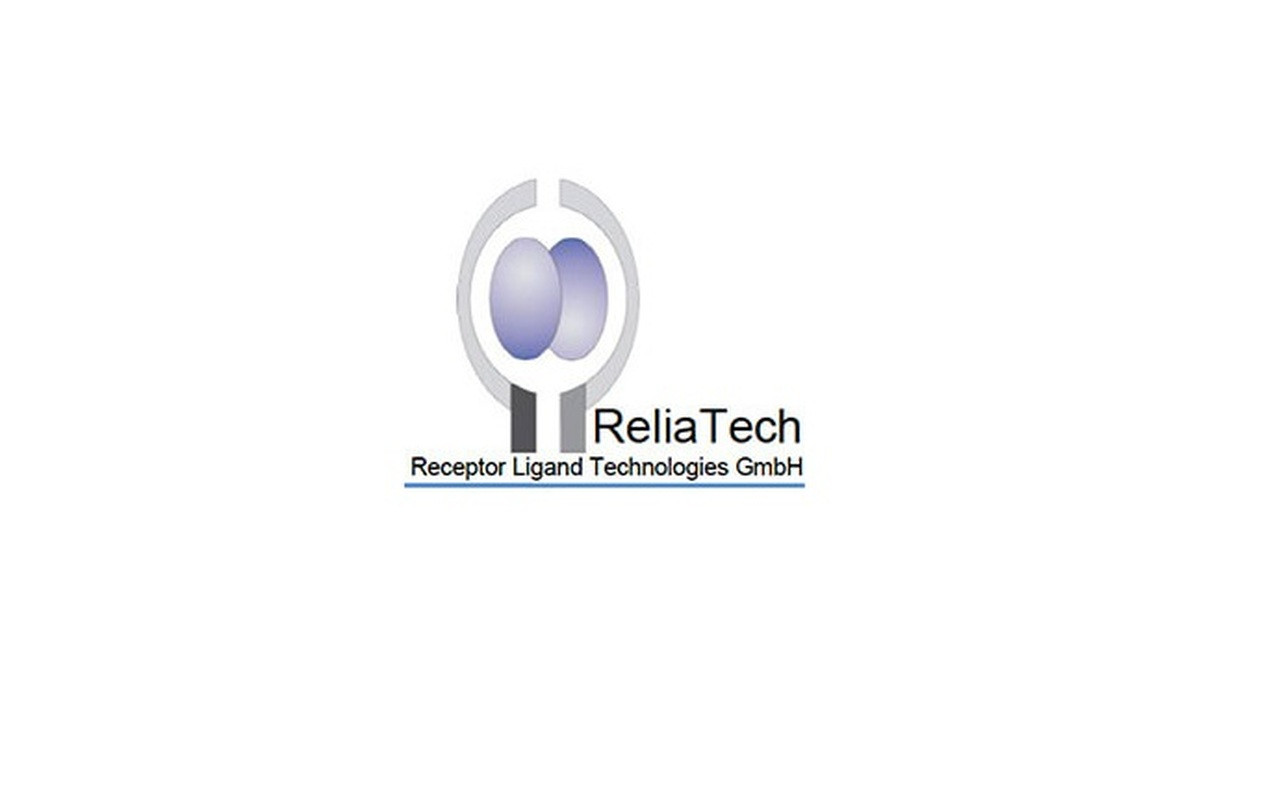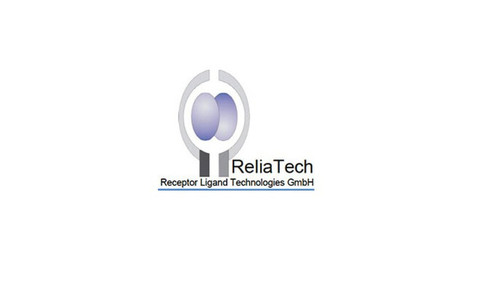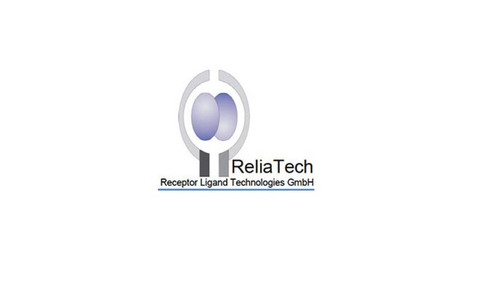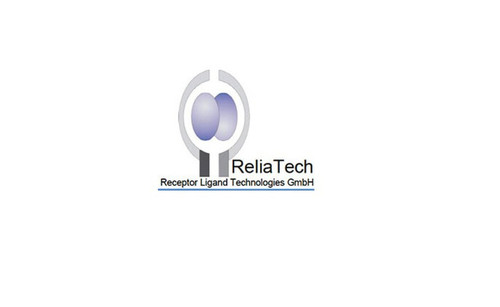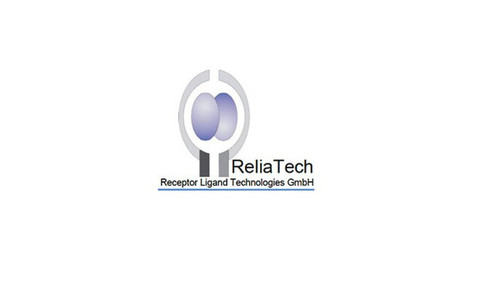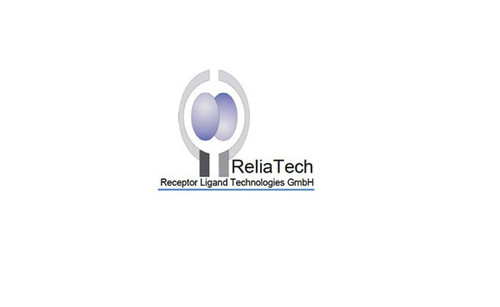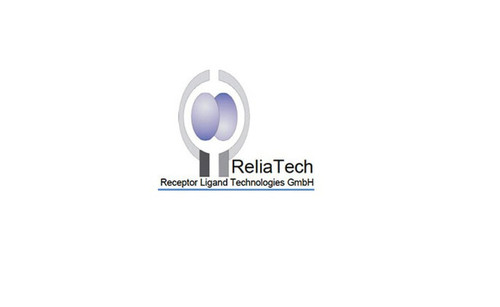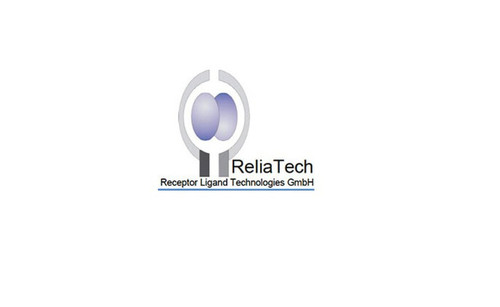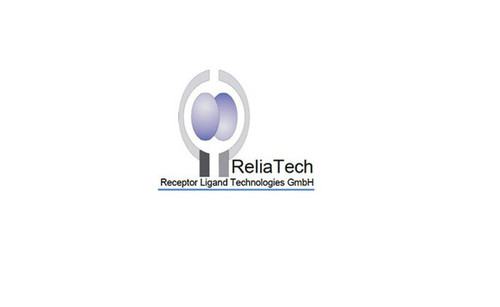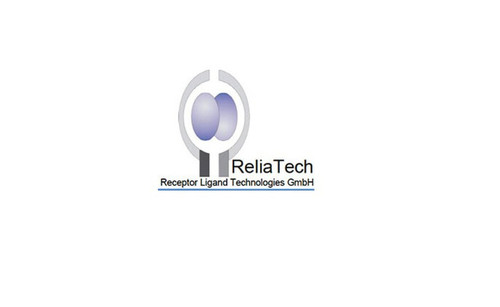Product Description
Mouse Anti-Human TIE-2 Antibody | 101-M54 | ReliaTech
Species: Anti-Human
Host / biotech: Mouse
Comment: N/A
Label: N/A
Clone / Antibody feature: (#tek16)
Subcategory: Monoclonal Antibody
Category: Antibody
Synonyms: TEK; TIE2; VMCM; TIE-2; VMCM1; CD202B
Isotype: IgG1
Application: ELISA, WB, FC
Detection Range: ELISA: Use at 1-2 µg/ml. Western blotting: Use at 2-5 µg/ml. FACS analysis: Use at 2-5 µg/ml.
Species Reactivity/Cross reactivity: Human
Antigen: recombinant human soluble extracellular TIE-2
Description: Tie-1/Tie and Tie-2/Tek are receptor tyrosine kinases with unique structural characteristics including two immunoglobulin-like domains flanking three epidermal growth factor (EGF)-like domains, followed by three fibronectin type III-like repeats in the extracellular region, and a split tyrosine kinase domain in the cytoplasmic region. Tie-2 is involved in vascular stabilization and remodeling. Although less well understood, Tie-1 may also act as an ANG receptor, possibly in complex with Tie-2. Human Tie-2 cDNA encodes a 1124 amino acid (aa) residue precursor protein with an 18 residue putative signal peptide, a 727 residue extracellular domain and a 354 residue cytoplasmic domain. Tie-2 is a receptor for the angiopoietin (ANG) family: ANG-1, ANG-2, and ANG-3 (mouse)/-4 (human). Ang-2 has been reported to act as an antagonist for Ang-1. Mice engineered to overexpress Ang-2 or to lack Ang-1 or Tie-2 display similar angiogenesis defects.
Purity Confirmation: N/A
Endotoxin: N/A
Formulation: lyophilized
Storage Handling Stability: The lyophilized antibody is stable for at least 2 years at -20°C. After sterile reconstitution the antibody is stable at 2-8°C for up to 6 months. Frozen aliquots are stable for at least 6 months when stored at -20°C. Addition of a carrier protein or 50% glycerol is recommended for frozen aliquots.
Reconstituation: Centrifuge vial prior to opening. Reconstitute in sterile water to a concentration of 0.1-1.0 mg/ml.
Molecular Weight: N/A
Lenght (aa): N/A
Protein Sequence: N/A
NCBI Gene ID: 7010
 Euro
Euro
 USD
USD
 British Pound
British Pound
 NULL
NULL

